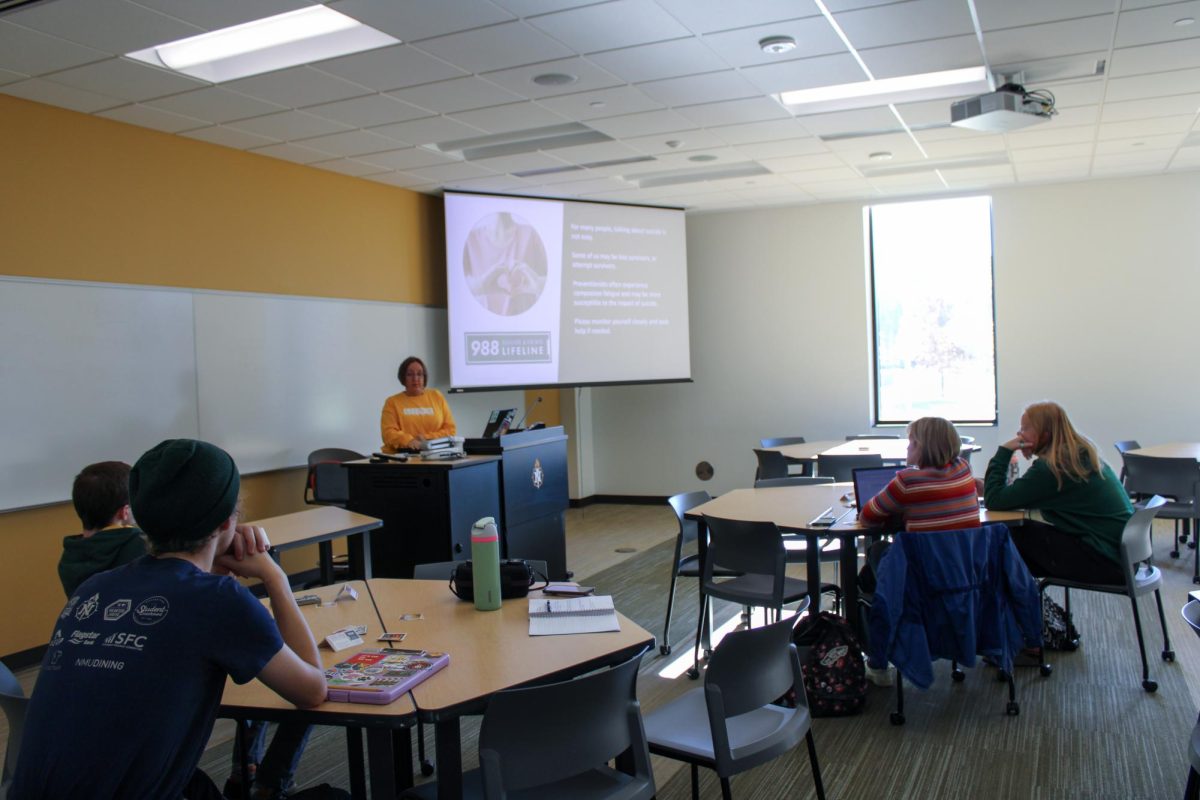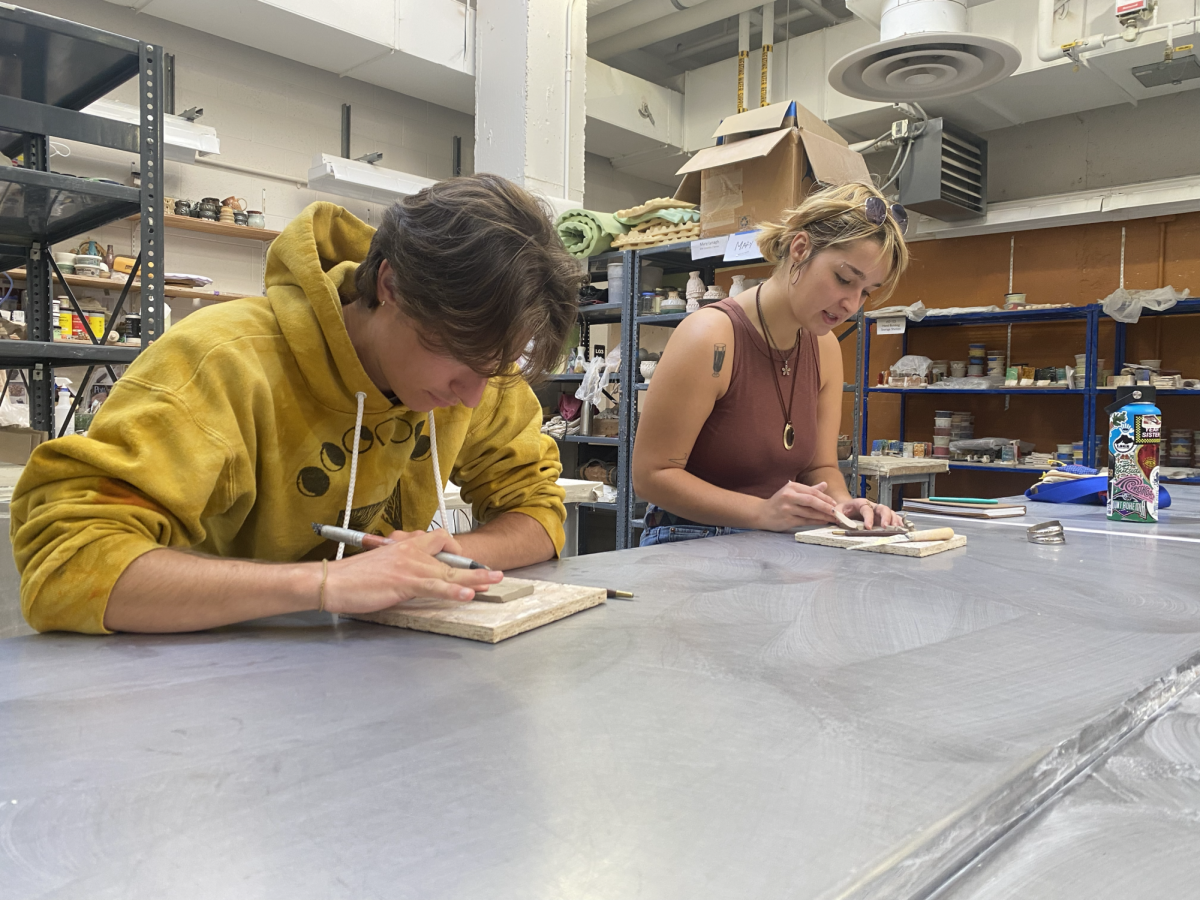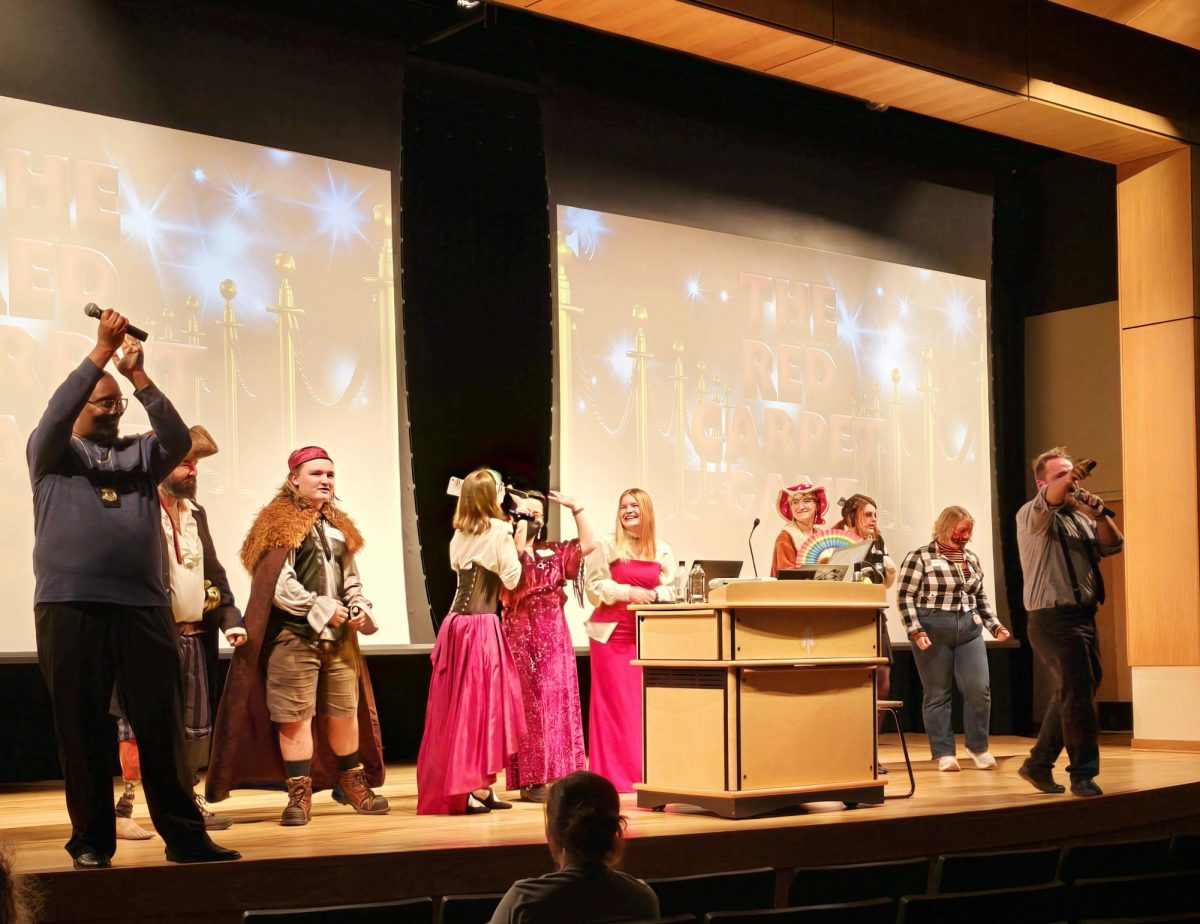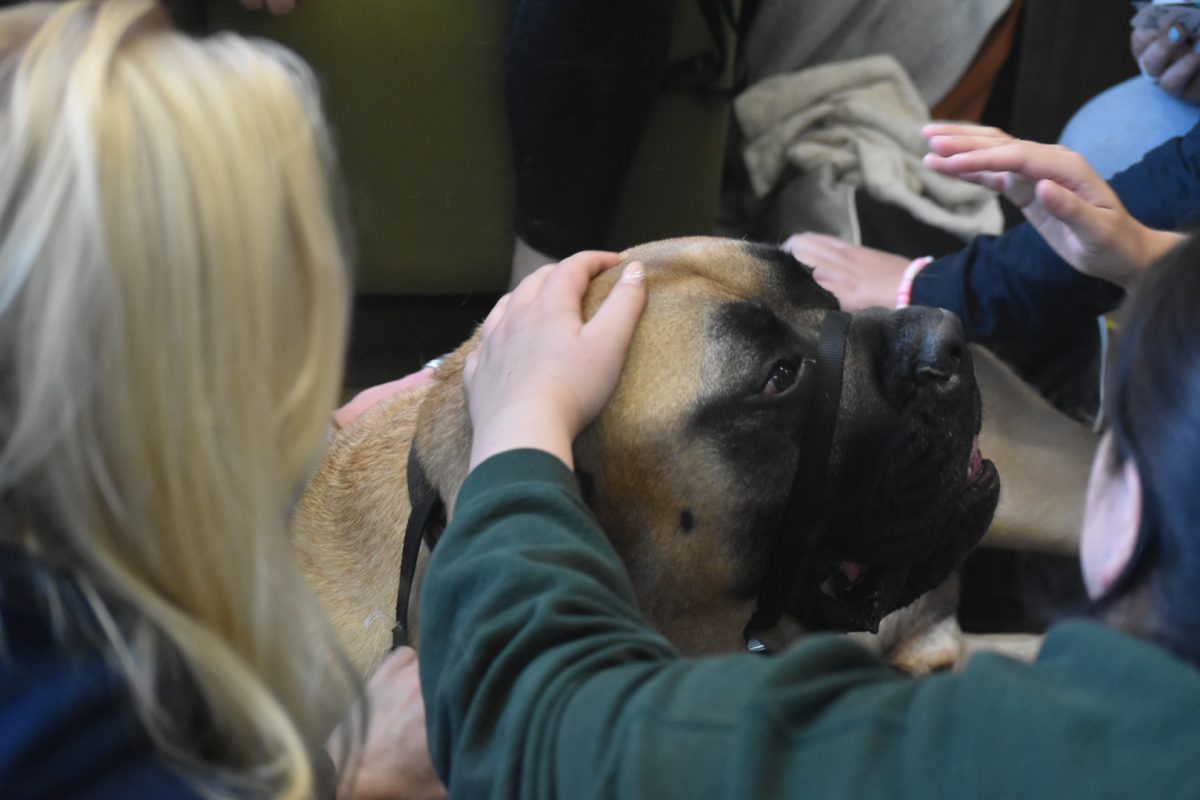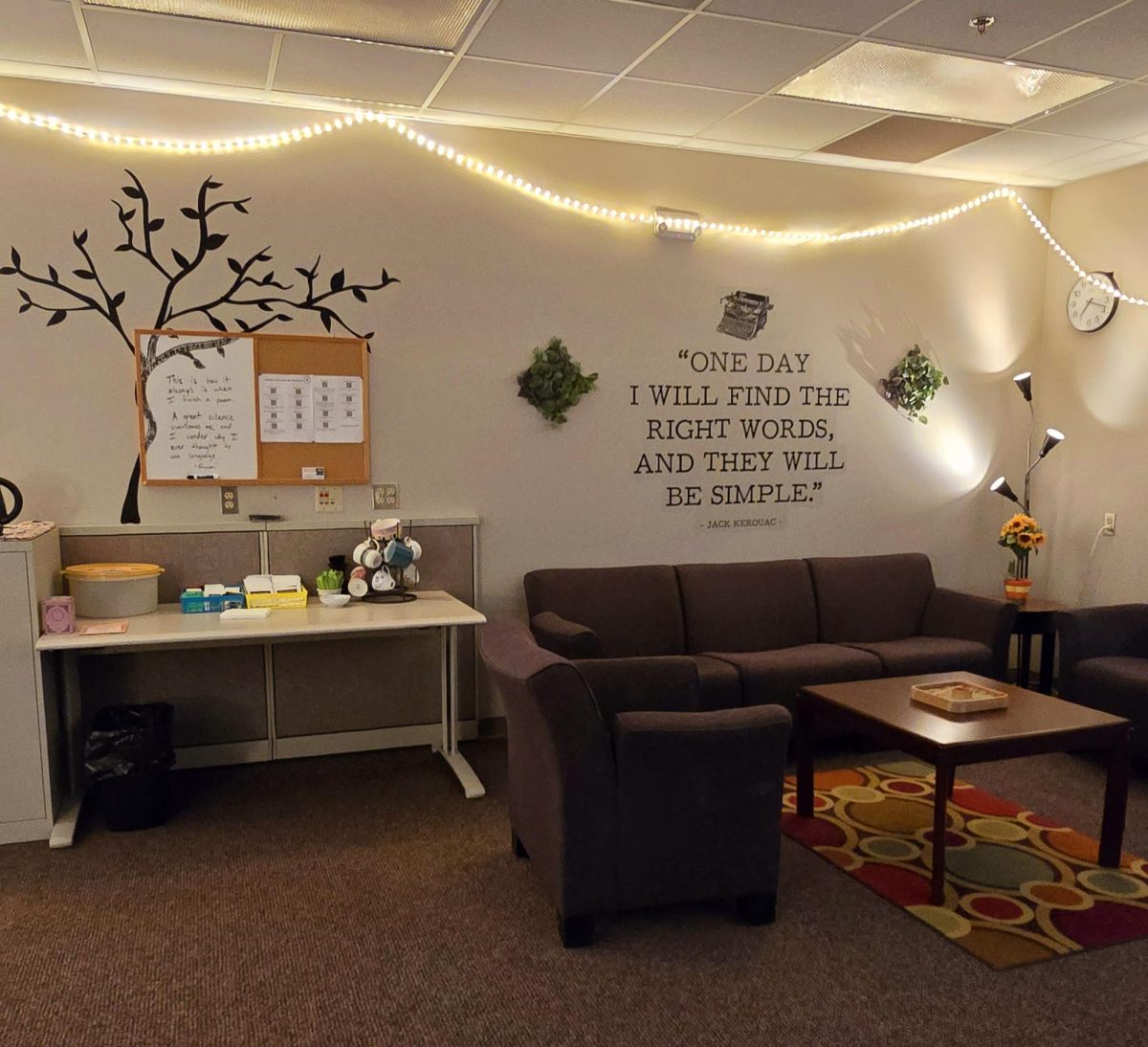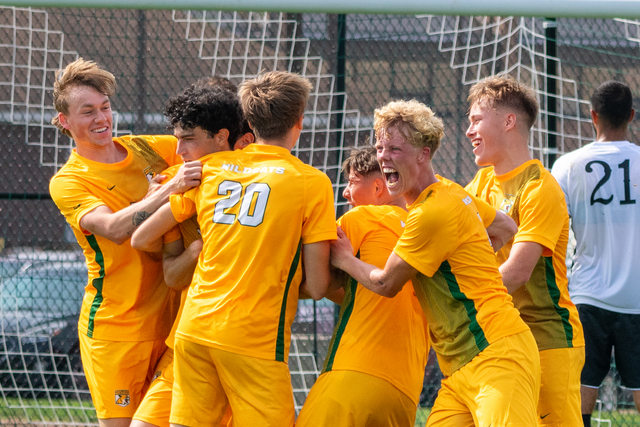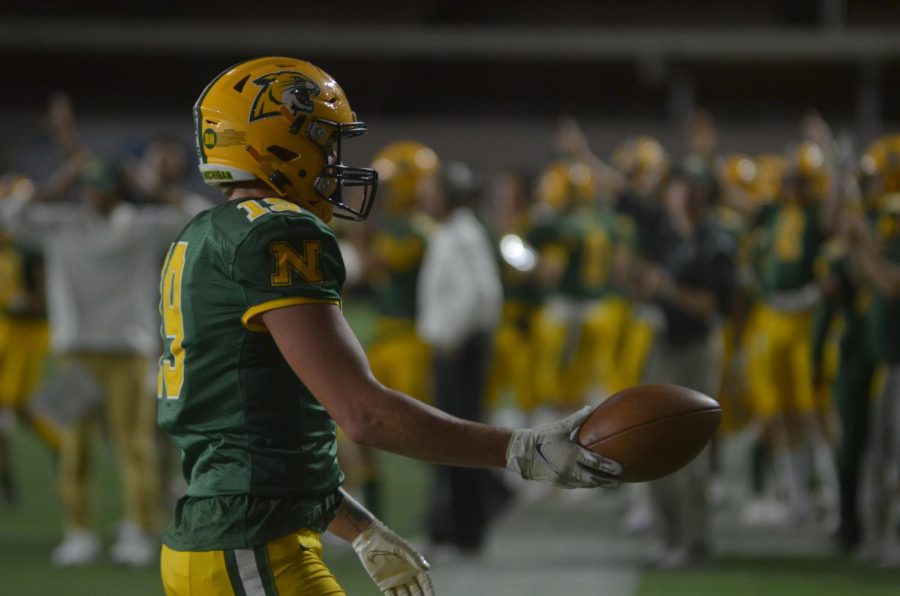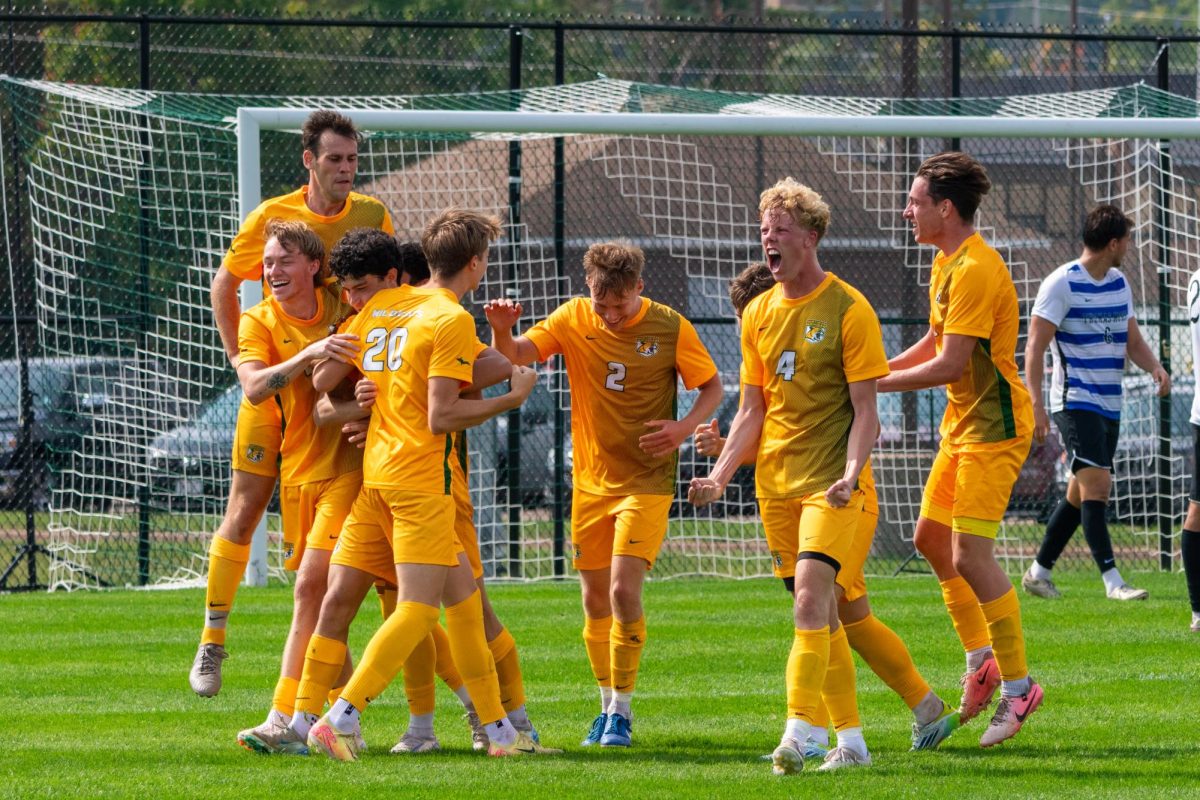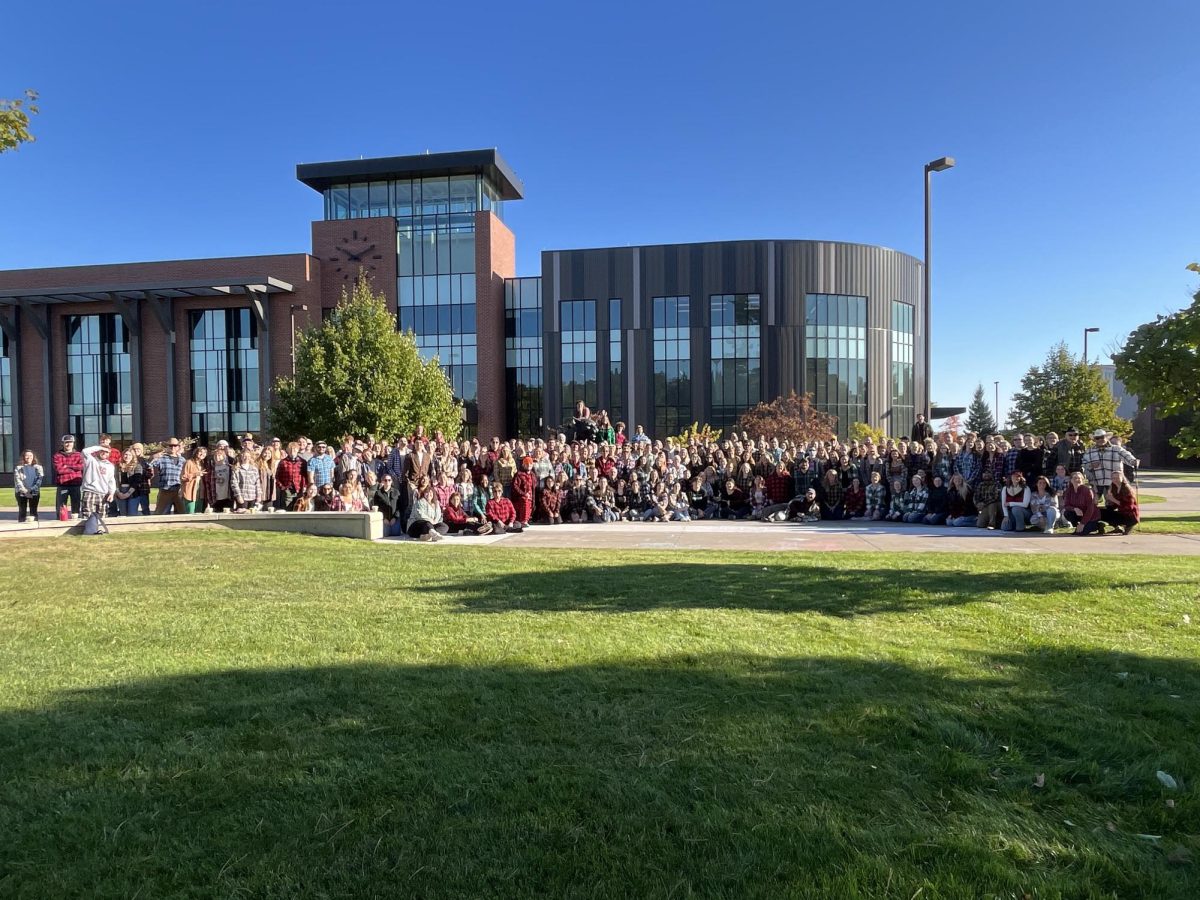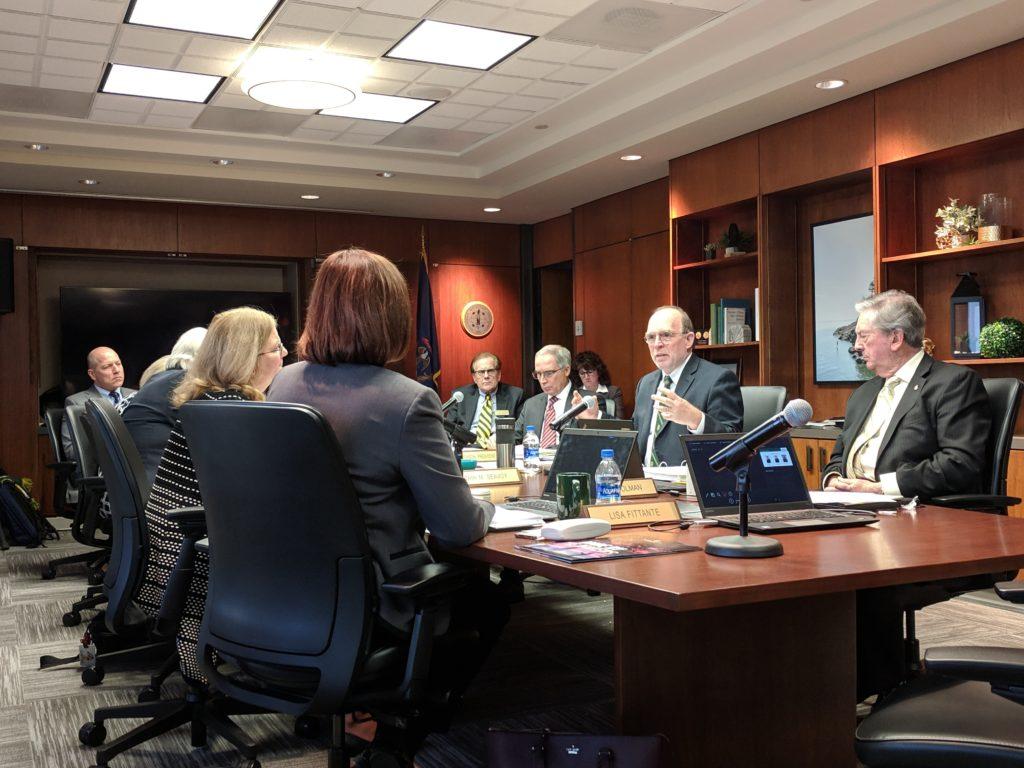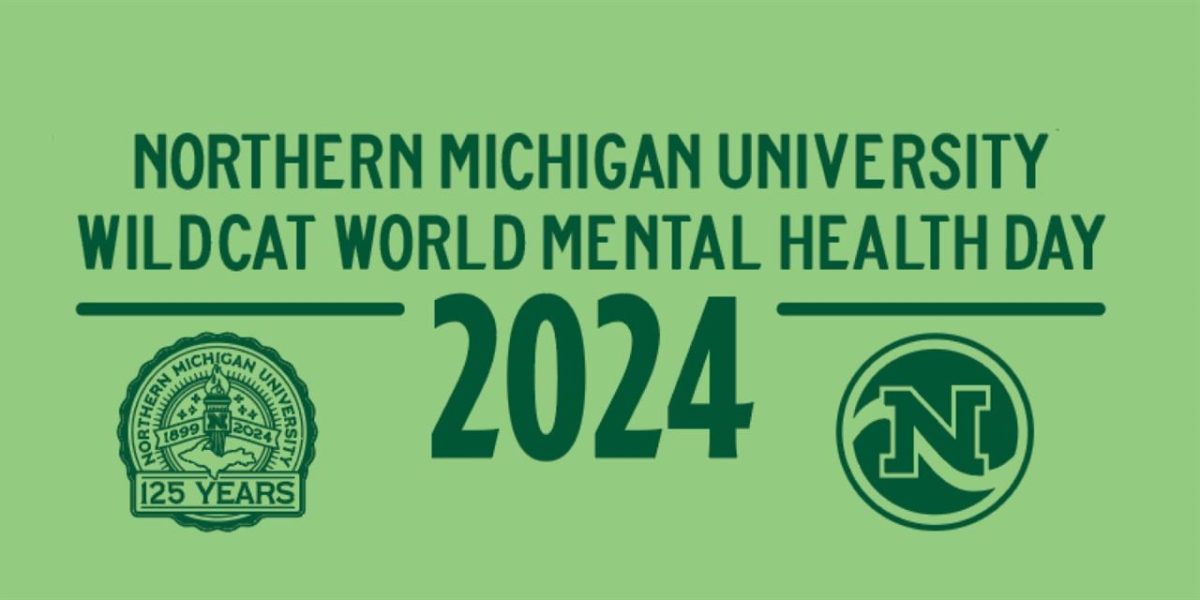The NMU Board of Trustees (BOT) is reviewing the first draft of the Strategic Resource Allocation (SRA) Implementation Task Force (ITF) Report after President Fritz Erickson presented it at the BOT’s final meeting in December.
Comprised of all vice presidents, the dean of students, the associate provost and the assistant vice president for budget and finance, the ITF composed the report after reviewing the recommendations suggested by the Academic and Support Task Forces in their reports, respectively. Of the 607 recommendations provided by the task forces, the ITF accepted 569. No student funded programs were recommended for implementation.
“We’ve made some pretty significant recommendations to help our students be as broadly and diversely educated as they possibly can,” Erickson said. “We believe empowering our students is a central aspect of the entire SRA process. The more we can empower our students to make the kind of educational decisions that they want, we think the quality of their education and the opportunities after graduation will continue to expand.”
According to its report, the ITF recommends five Academic Transformation Initiatives: “diversifying the academic experience; merge general university studies into two degrees; review all secondary education programs and determine demand/need/alignment; create two new colleges: Honors College and the College of Graduate Studies and Research; restructure Northern’s academic organizational structure.”
To implement the first initiative, the ITF calls for requiring fewer credit hour requirements for majors and bachelor’s degrees and discontinuing a minor as a graduation requirement, though students will still have the option to choose one.
The report also suggests 10 Support Transformation Initiatives, including: “redefine the role of the Multicultural Education and Resource Center in supporting Northern’s university-wide diversity and inclusion effort; develop an enhanced advising and student-faculty mentoring model; restructure Northern’s international student services, recruitment and activities, as well as internationally related faculty activities.”
Erickson and the ITF gave each recommendation for programs in Quintile 1—Recommend for enhanced resources—a high, medium or low rating to “indicate its proposed order of priority for any investment funding that becomes available.”
The ITF requires unit managers of programs in Quintile 3—Recommend continuing with reduced resources—to provide a proposal by March of where and how they will reduce their budget.
“We had to make the decision of whether it’s time for them [programs] to ride off into a glorious sunset,” Erickson said. “Academic programs and other programs on campus have a lifespan, some programs live long or brief lives and they either need to shift into something completely different or be phased out.”
Programs in Quintile 4—Recommend transformation with revised resources as appropriate—were given the directive to create a transformation plan for consideration by the ITF. Proposals that are ultimately not supported may mean the program will be eliminated, according to the report.
Whereas “support transformation plans” are currently being reviewed and submitted, “academic transformation plans” must be turned into Academic Affairs by May 1 and will be reviewed by Erickson and the ITF in one-on-one meetings with the department head and/or associate dean overseeing the program.
The ITF intends to work on its recommendations during the current semester, with the expectation that preliminary implementation plans will be in place by July 1 and presented to the BOT for approval at its July meeting, according to the report.
“It’s been a tremendously good process and, for me personally, very educational,” BOT Chair Robert Mahaney said. “This reallocation and investment in new, innovative programming is going to help us achieve the mission and vision of the university.”
The report is currently available at nmu.edu/sra for public review and comment until Jan. 20. As of publication, six individuals have commented on the report.


